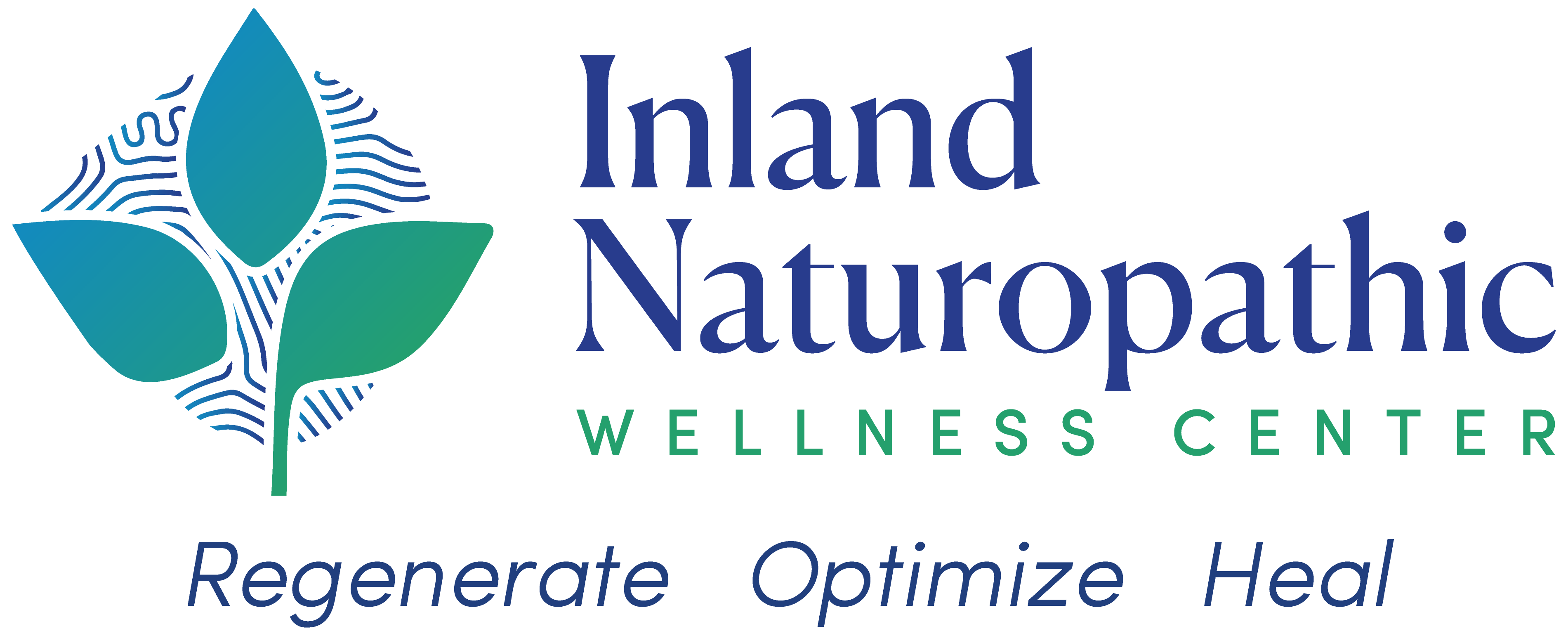The Human Toll of Cognitive Decline and Dementia
Cognition is our most unique characteristic. Our capacity for learning, recall, language, and judgment are what make us human. Decline in cognitive function is one of the most feared disorders of aging. Mild forms of cognitive decline may be indiscernible in the initial stages. However, if precipitating factors aren’t addressed, progression can lead to severe and irreversible impairments in memory and changes in personality that render one incapable of social independence and unable to care for oneself. Alzheimer’s disease represents the most common and severe form of dementia. Currently, five million Americans suffer from Alzheimer’s. Of those 85 years and older, half are afflicted and the rate is expected to climb to 13.4 million by 2050. Total Medicare spending for persons with Alzheimer’s disease in 2005 was estimated at $91 billion according to the Centers for Disease Control.
Cognitive Dysfunction is not a “Normal” Part of Aging
Research suggests that genetics and family history play a role in dementia risk. The most important risk factor for dementia is advancing age. Alzheimer’s usually begins around age 60 with the risk increasing with time. In spite of age and genetics, cognitive decline with progression to dementia is avoidable. Science does not support that cognitive dysfunction is a norm for aging, in fact, according to the CDC “…Alzheimer’s disease is not a normal part of aging.” To the contrary, researchers are finding that dementia is preventable and to some extent, even reversible. Early intervention provides the opportunity to prevent loss of mental functioning and progression to dementia. Controlling oxidative stress and inflammation may be the most important measure to directly protect our mental faculties.
Top strategies to protect brain function:
- Maintaining optimal blood sugar and blood pressure
- Getting adequate sleep
- Proper stress management
- Avoidance of and detoxification from environmental toxins
- Antioxidant rich diet, plant based diet
- Essential fatty acids supplementation
- Anti-inflammatory diet
- Avoiding high fructose corn syrup, trans-fatty acids, and refined sugars

